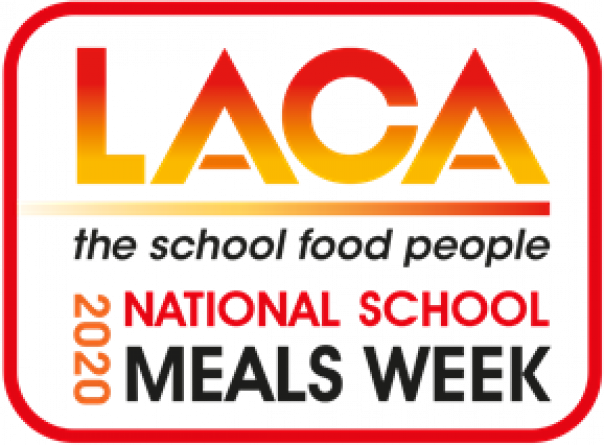
ProVeg International encourages people to eat healthy food that is good for humans, animals and the planet. They are working towards reducing the consumption of animals. The guide is not only for NSMW but beyond.
Meat reduction
Reducing meat consumption is more important than ever as it can help to reduce our carbon footprint, improve people’s health and save money. Over recent years more and more school caterers are offering one meat-free day a week.
The Public Sector Catering PS100 Group launched the ‘20% less but better meat’ campaign to encourages public sector catering operators to reduce the amount of meat on their menus by 20% across schools, hospitals, universities and care homes.
Language is crucial
Use names that accentuate provenance, texture, taste or key ingredients, just as you would with other dishes. Research shows this can increase uptake by as much as 76%. Descriptions should be more detailed than calling the dish a ‘vegetable curry’.
Menu layout is critical
To increase the uptake of plant-based dishes they should be placed with other options. By separating plant-based dishes by position or colour it highlights they are different and only suitable for one group of people. According to research separating plant-based foods on menus can reduce uptake by 50%.
Avoid restrictive terms
Research has shown terms including ‘vegan’ and ‘meat-free’ often have a negative effect and stop parents or children selecting the dish. Instead use a small (v) or (ve).
Plant Powered Days
A plant Powered Day is the easiest way to achieve a 20% reduction in meat consumption. Best practise is to call your day something descriptive like ‘plant-powered’ or ‘planet friendly’.